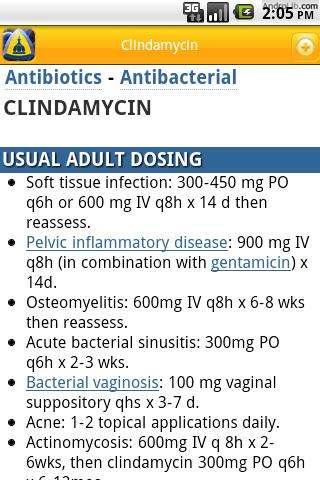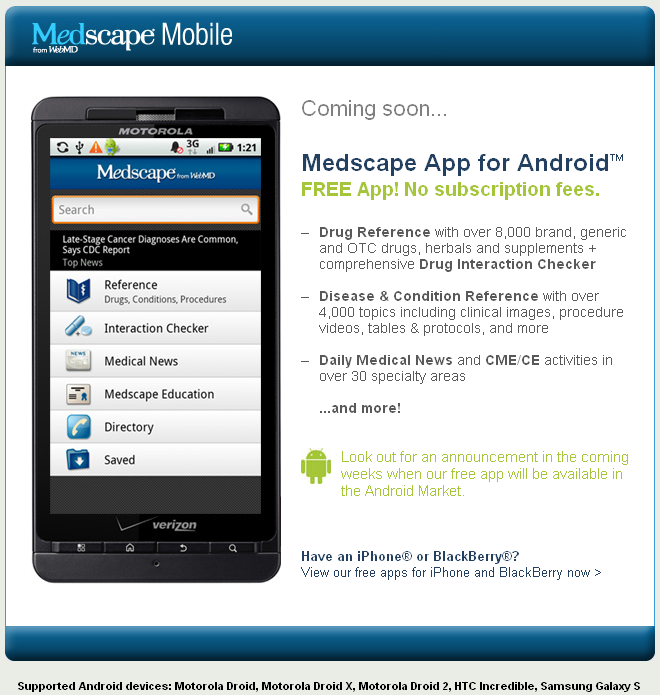I fought this one for a while, but I think I’ve experienced the need enough lately to change my tune. It’s becoming increasingly common for new devices – tablets, netbooks, laptops, etc – to be offered with cellular antennas build in. These can be activated through various carriers to provide continuous connection to the world around us.
I originally found the idea silly. I’m not sure why, but I just felt that there wasn’t really a need for such device specific connectivity. After all, I have a USB access point through Verizon. With that said, it’s become increasingly obvious to me that that isn’t the answer. I find it cumbersome to use at times as it sticks out the side of my laptop like some unwanted extra appendage. Add to that the fact that I can’t use it on my wife’s iPad secondary to a lack of USB ports and my frustration only grows. Oh sure, I could purchase a MiFi-like device, and that would solve some of the issues like lack of USB port, but it doesn’t help me if my wife has the MiFi-like device in Florida and I’m in Kentucky. Get my drift?
The problem with purchasing devices with cellular specific access is the cost of activating all those data plans. Can you imagine paying for data plans on several devices that only occasionally get used? I can’t. If my wife and I were to purchase separate data plans for each device in our armamentarium of electronics we’d certainly go broke trying to pay for them all.
With the nature of connectivity changing, and the way the world has begun using mobile devices, I believe it’s time for companies like AT&T, Verizon, T-Mobile, Sprint, etc. to evaluate personalized data plans that follow the user around. Think of it as applying the idea of data in the cloud to your cellular service. Regardless of device, simply log into your cellular account and the antenna in the device would use your phone number to access service. Would that really be that hard to do? How about extending the idea further to include a family based data plan with similar features, i.e. a group of numbers assigned to individual family members that follow them around based on device. I know I’d be willing to pay a little extra for such a plan. Just sayin’.




